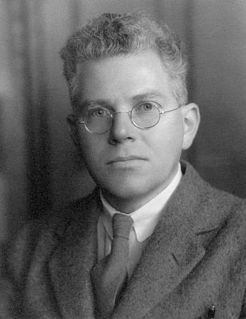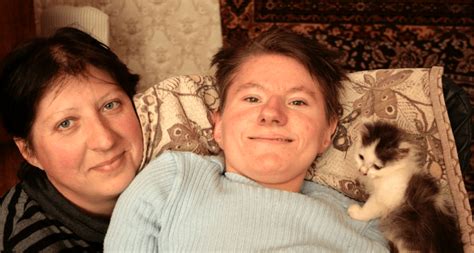A Quote by Carl Sagan
The prediction of nuclear winter is drawn not, of course, from any direct experience with the consequences of global nuclear war, but rather from an investigation of the governing physics.
Related Quotes
Remember that in any major nuclear war, the first strike destroys the country that attacks; it's been known for years. The first strike of a major power is very likely to cause what's called nuclear winter, leads to global famine for years and everything's basically gone. Some survivors straggling around. Could [Donald Trump] do it? Who knows.
It has been known for some time that a major nuclear war might lead to nuclear winter that would destroy the attacker as well as the target. And threats are now mounting, particularly at the Russian border, confirming the prediction of George Kennan and other prominent figures that NATO expansion, particularly the way it was undertaken, would prove to be a "tragic mistake," a "policy error of historic proportions."
Teller contended, not implausibly, that hydrogen bombs keep the peace, or at least prevent thermonuclear war, because the consequences of warfare between nuclear powers are now too dangerous. We haven't had a nuclear war yet, have we? But all such arguments assume that the nuclear-armed nations are and always will be, without exception, rational actors, and that bouts of anger and revenge and madness will never overtake their leaders (or military and secret police officers in charge of nuclear weapons). In the century of Hitler and Stalin, this seems ingenuous.
What is the only provocation that could bring about the use of nuclear weapons? Nuclear weapons. What is the priority target for nuclear weapons? Nuclear weapons. What is the only established defense against nuclear weapons? Nuclear weapons. How do we prevent the use of nuclear weapons? By threatening to use nuclear weapons. And we can't get rid of nuclear weapons, because of nuclear weapons. The intransigence, it seems, is a function of the weapons themselves.
Much as Cold War nuclear strategists could argue about winning a nuclear war by having more survivors, advocates of a Global Warming War might see the United States, Western Europe, or Russia as better able to ride out climate disruption and manipulation than, say, China or the countries of the Middle East.
I, who had been in favour of nuclear energy for generating electricity ... I suddenly realised that anybody who has a nuclear reactor can extract the plutonium from the reactor and make nuclear weapons, so that a country which has a nuclear reactor can, at any moment that it wants to, become a nuclear weapons power. And I, right from the beginning, have been terribly worried by the existence of nuclear weapons and very much against their use.
I started out in nuclear physics. But after I became more sensitized to the environmental and health implications of the nuclear system - I was being trained to be the first women in the fast-breeder reactor in India (and was in it when it first went critical) - I didn't feel comfortable with it. So I went into theoretical physics.



































